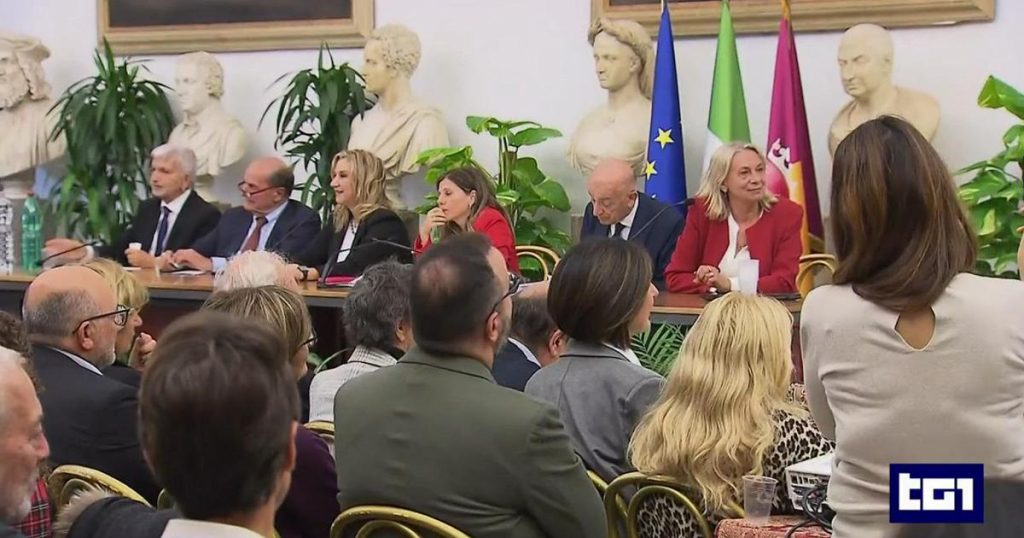Minister of Justice Carlo Nordio has stated that he will wait to see the decisions made by the judiciary before intervening in the Council of Ministers on issues concerning judicial sovereignty. He believes that it would go against his judicial training to offer advice or try to influence decisions on such matters. He insists that his reactions to judicial decisions have been purely technical and that he does not want to overstep his boundaries as a magistrate. This approach, he humorously refers to as “predictive justice”, emphasizes the importance of allowing judges to interpret the law and for politicians to then adjust legislation based on societal needs.
Nordio made these comments in response to questions about whether he would use his influence to encourage politicians to tone down their rhetoric on justice and immigration issues, if the Court of Rome were to make a decision similar to previous rulings. He stressed the need for judges to interpret the law and for politicians to then adapt legislation accordingly, rather than him intervening in a political manner. Nordio’s remarks came during a phone call to a conference celebrating the 60th anniversary of Magistratura Democratica, a progressive movement within the National Association of Magistrates (Anm).
In contrast, the national secretary of the Democratic Party, Elly Schlein, expressed solidarity with judges who have been placed under protection due to threats stemming from an unacceptable atmosphere of institutional attacks against them. Schlein’s comments highlight the challenges faced by judges who are targeted by external pressures and threats, as well as the need to support and protect the independence of the judiciary. Such remarks reflect a broader concern within the political sphere about the need to uphold the rule of law and ensure the safety and autonomy of judges in carrying out their duties.
The discussions around judicial decisions, political interference, and threats against judges come at a time of heightened tensions in Italy over issues related to justice and immigration. The role of the judiciary in interpreting and applying the law, the separation of powers between the judiciary and the executive, and the need to protect judicial independence and safety are all critical aspects of these debates. Nordio’s insistence on maintaining a technical and non-political approach to judicial matters reflects a commitment to upholding the rule of law and preserving the integrity of the legal system.
Overall, the comments made by Minister of Justice Carlo Nordio, the response from the Democratic Party’s Elly Schlein, and the broader context of discussions around judicial decisions and threats against judges highlight the importance of supporting the independence and safety of the judiciary in Italy. The need for judges to interpret the law independently, without political interference, underscores the fundamental principles of judicial independence and the rule of law. As Italy navigates complex legal and political challenges, ensuring the integrity of the judicial system and protecting the rights and safety of judges will be crucial in upholding democratic norms and principles.


